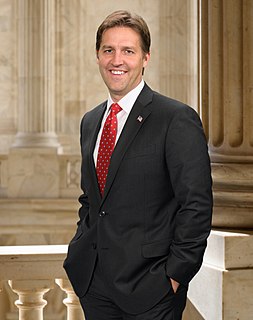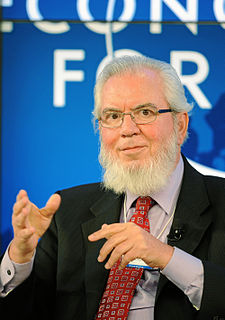A Quote by Henry Rosovsky
If we want to identify the great success of American research universities, and that success goes far beyond Harvard, we have to come back to the question of governance. Excellence requires a firewall between trusteeship, or government ministries, and the academic decision-making process. This American concept of shared governance wherein the faculty are engaged in running the university as part of a collaboration with the other stakeholders.
Quote Topics
Academic
American
Back
Between
Beyond
Collaboration
Come
Concept
Decision
Decision-Making
Engaged
Excellence
Faculty
Far
Goes
Governance
Government
Great
Great Success
Harvard
Identify
Making
Other
Part
Process
Question
Requires
Research
Research Universities
Running
Shared
Stakeholders
Success
Universities
University
Want
Related Quotes
Shared governance is often the critical element that is missing in Asian universities, no matter how talented the faculty may be. Either it is ministries of education that are trying to run things, or in private institutions - those who control the funds. Neither group knows much about teaching and research.
The president [of American research institute] can act as the CEO and make a firm decision about the long-term development of the institution, but he or she does so in constant consultation with the faculty. It may not always work this way, but the greatest advances occur when governance is truly shared.
As I've progressed in my career, I've come to appreciate - and really value - the other attributes that define a company's success beyond the P&L: great leadership, long-term financial strength, ethical business practices, evolving business strategies, sound governance, powerful brands, values-based decision-making.
As Ive progressed in my career, Ive come to appreciate -- and really value -- the other attributes that define a companys success beyond the P&L: great leadership, long-term financial strength, ethical business practices, evolving business strategies, sound governance, powerful brands, values-based decision-making.
There are, however, many challenges to Asian universities. First, academic freedom, in all senses, is much more critical to the success of a university than how much money is spent on infrastructure or on hiring big names. Faculty need to have the space to pursue the research that they are passionate about and the also need to have the freedom to express their opinions in the university, and in the society as a whole.






















